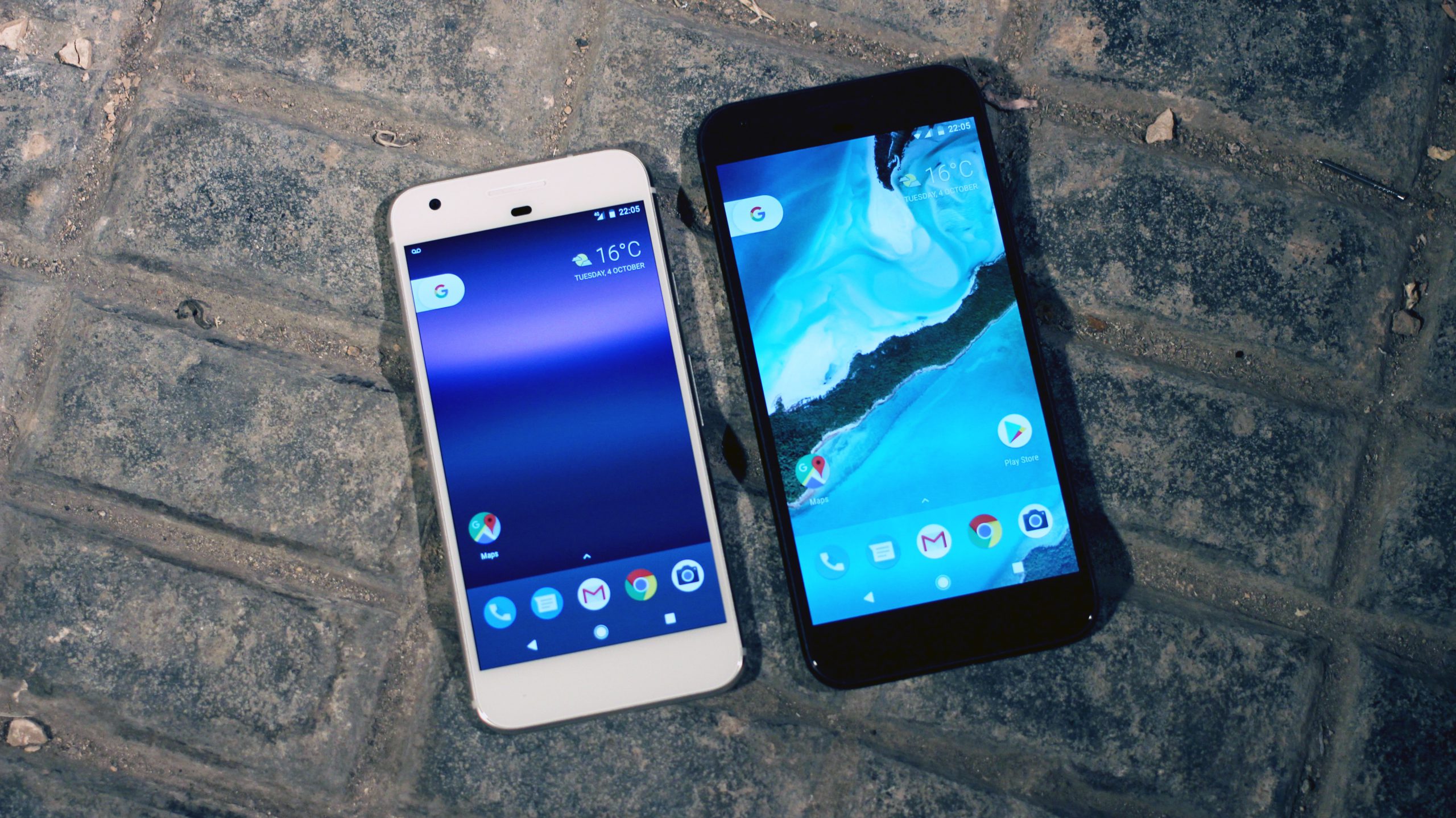That satisfying beep when you tap your phone at Starbucks isn’t just confirming payment—it’s the sound of three powerful industries celebrating another small victory. Your seemingly simple coffee purchase just generated fees for your bank, Apple Pay or Google, the payment network, and created a data point worth more than the transaction itself. While you’re thinking about caffeine, they’re thinking about control.
The numbers tell the story corporate PR won’t: according to industry analyses, digital payments now dominate US commerce, with cash handling becoming dramatically cheaper for retailers. Yet those savings don’t reach your pocket. Instead, they fund an ecosystem designed to make physical money feel as antiquated as a flip phone.
Your Smartphone’s Secret Side Hustle
Every tap creates multiple revenue streams while building your behavioral profile.
Your phone has become the perfect Trojan horse for financial surveillance. Apple earns a slice of every Apple Pay transaction while simultaneously collecting data about where you shop, what you buy, and when you’re most likely to spend. Google does the same through Google Wallet, integrating purchase behavior with your search history and location tracking. Samsung Pay? Same game, different player.
This isn’t accidental. Tech giants spent billions making digital payments frictionless because friction generates fees and data—both more valuable than your morning latte. Every contactless payment creates a chain reaction:
- Bank processing fees
- Network charges
- Platform cuts
- Behavioral data that advertisers pay premium prices to access
The Corporate Trinity Behind Cashless Culture
Banks, Big Tech, and governments each have compelling reasons to eliminate cash forever.
Banks love digital payments because they eliminate expensive cash handling while maximizing transaction-based revenue. Governments benefit from complete transaction traceability—making tax evasion harder while enabling unprecedented financial surveillance capabilities. Tech companies get the biggest prize: turning every purchase into a data point for their advertising empires.
The coordinated push isn’t coincidental. While marketing departments sell convenience and security, the real motivation is consolidating financial control among a handful of corporate players. Cash transactions generate zero data and minimal fees—exactly why these industries are working to eliminate them.
What You’re Trading for That Tap
Convenience comes with costs that extend far beyond transaction fees.
Privacy dies with every digital payment. Unlike cash, your phone payments create permanent records linking purchases to identity, location, and behavioral patterns. Payment industry experts note this data becomes valuable for targeted advertising and credit scoring algorithms.
The most vulnerable pay the steepest price: elderly users, the unbanked, and digitally skeptical consumers face increasing exclusion as cash acceptance erodes. Your choice to tap instead of pay cash might feel personal, but it’s part of a larger shift that concentrates financial power while eliminating alternatives for millions who can’t or won’t participate in digital banking.
The convenience is real—but so is the corporate capture of your financial autonomy.






























